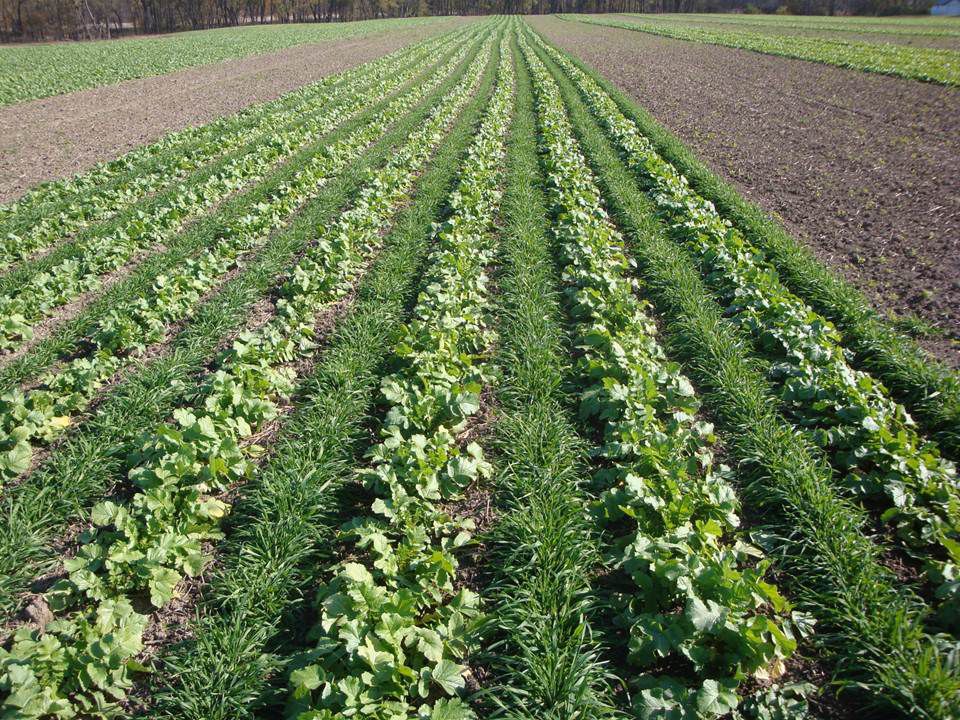Minnesota Seed Law must be followed on prevented planting acres
Minnesota farmers may be in the market for more cover crop seed than in previous years. Poor planting conditions this spring are forcing some farmers to make decisions on prevented planting. The Minnesota Department of Agriculture (MDA) wants to remind farmers about the legal requirements for selling and buying seed in Minnesota, which does include cover crop seed.

MDA says it has seen several issues in past years that violate Minnesota’s Seed Law. Buying grain from an elevator for the purpose of sowing is not legal. It is also illegal to brown bag or sell grain out of a bin. Furthermore, all seed sold in the state must be labeled.
“Minnesota’s Seed Law restricts these activities for numerous reasons, ” said Denise Thiede, MDA’s Seed Unit Supervisor. “Farmers could be bringing in weeds through unlabeled and untested seed, or they may not be get the type or quality of seed they paid for.”
In addition, almost all seed varieties have some form of intellectual property protection that restricts the use and sale of the variety under the federal Plant Variety Protection Act. Violating this act can lead to significant fines for both the seller and the buyer.
If farmers are buying seed to sow on their land, the MDA offers the following advice:
- Make sure the seed has a label.
- Confirm the cover crop seed has been tested for noxious weed seeds, including Palmer amaranth.
- Make sure that it is a legal sale by asking the seller if they have the legal authority to sell the product.
- Ask about the variety of seed. A variety protected by the Plant Variety Protection Act must be sold by variety name and may be required to be sold as a class of certified seed.
More information on the requirements for selling seed in Minnesota can be found at on the MDA’s website (www.mda.state.mn.us/seed).
